House Speaker Mike Johnson (R-LA) and top Republicans in Congress have unveiled a comprehensive report addressing a rise in antisemitism across the United States. The report, released after a seven-month investigation, calls for sweeping federal actions to hold universities accountable for discrimination against Jewish and pro-Israel students. Central to the recommendations is a proposed measure to cut federal funding to institutions that boycott or divest from Israel.
Legislation to Address Antisemitism on Campus
The report outlines 11 key policy recommendations aimed at addressing antisemitism in higher education and beyond. One of the most prominent proposals calls on Congress to pass legislation barring universities that engage in boycotts or divestment efforts against Israel from receiving Title IV federal funding. This measure, proponents argue, would ensure that taxpayer dollars do not support institutions fostering hostility toward Jewish students.
“Across the nation, Jewish Americans have been harassed, assaulted, intimidated, and subjected to hostile environments,” the report states. “Such actions are a stark violation of America’s fundamental values, including the commitment to religious freedom.”
The report also urges colleges to formally recognize discrimination against Zionists as an antisemitic civil rights violation, reinforcing the notion that anti-Zionism and antisemitism often overlap in harmful ways.
Findings from the Investigation
The investigation, conducted by multiple House committees including Education and Workforce, Judiciary, and Oversight, uncovered troubling patterns of antisemitism at some of the nation’s most prestigious universities. Findings included instances where universities failed to adequately discipline individuals engaging in antisemitic behavior, while Jewish students faced harsher consequences for defending themselves or speaking out.
The committees also scrutinized federal programs, such as the foreign student visa program and nonprofit tax exemptions, for their potential role in enabling antisemitism. Violent protests, intimidating campus checkpoints, and discriminatory funding by tax-exempt organizations were highlighted as particular areas of concern.
“This is about accountability,” said Rep. Virginia Foxx (R-NC), chair of the Education and Workforce Committee. “Without accountability, we cannot guarantee that Jewish students have the safe learning environment they deserve.”
A Call to Action
House Speaker Johnson emphasized the importance of the report in shaping future policy. “These findings will guide us as we continue to combat antisemitism in all its forms,” he said. “The House will not stand idle when Jewish students are threatened or intimidated. We will act.”
While the report stops short of endorsing the controversial International Holocaust Remembrance Alliance’s working definition of antisemitism, it takes a firm stance on recognizing anti-Zionism as a form of discrimination. The absence of the Antisemitism Awareness Act, passed by the House earlier this year, also signals room for further legislative action in the next session.
Bipartisan Collaboration Needed
The report has drawn praise from Jewish advocacy groups, including the Jewish Federations of North America. “This report confirms what we already know—antisemitism is a crisis on college campuses,” said Karen Paikin Barall, vice president of government relations for the organization. “To halt this hatred, bipartisan collaboration with public and private partners is essential.”
As Congress prepares to deliberate these recommendations, the focus remains on ensuring safe, inclusive environments for all students, particularly those targeted by rising antisemitism. For many lawmakers, the next steps represent a critical opportunity to reaffirm America’s commitment to combating hate in all its forms.

